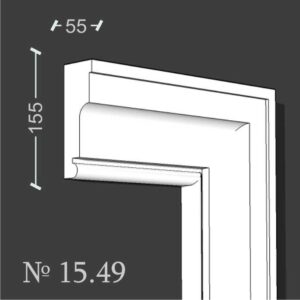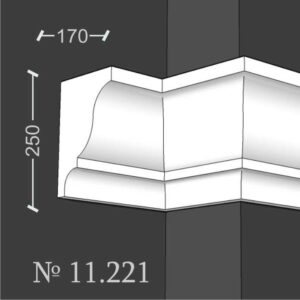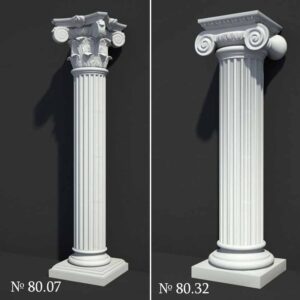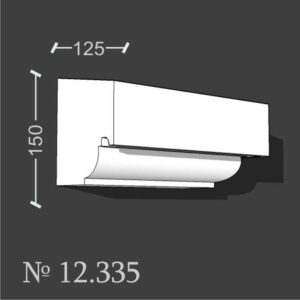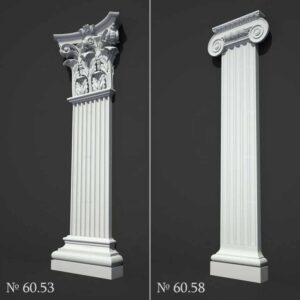This blog post will review the necessary AC maintenance procedures to get the most out of your home’s HVAC system this season. You can make numerous proactive efforts to avoid costly repairs in the future, such as changing air filters, inspecting ductwork, and checking refrigerant levels.
Replace air filters.
AC filters are a vital component of your unit that needs regular maintenance. They quickly become clogged and unclean, directly impacting the efficiency and efficacy of your HVAC unit. If not cleaned promptly, a filthy filter can limit airflow, waste energy, and cause harm to your heating and cooling system. The AC maintenance professionals from airdynamicsil.com suggest cleaning the filters regularly and replacing them bimonthly throughout the summer when usage is high. This extends the life of your air conditioner and improves interior air quality.
Cleaning the drainage hole
This is a necessary aspect of the HVAC summer maintenance schedule. The drainage hole, known as the condensate drain, drains excess moisture. If this drainage hole gets clogged, you may suffer various problems, including water leaking from within the unit and other water damage. Turn off your HVAC unit as you clear out the drainage hole. Next, examine the drainage pans and, if necessary, clean them with a damp cloth. Turn on the HVAC system to see if water flows smoothly through the drainage system.
Clean around the air conditioner unit.
If you had coverings on, this would be easier. However, if your unit was left uncovered, debris and grime would have accumulated and must be cleaned out. Begin by clearing up any accumulated leaves around and on top of your air conditioner’s grill. Trim adjacent plants and shrubs, and ensure at least two feet of cleared area around the unit for proper working. If you notice any potential damage that requires repair, contact an HVAC professional as soon as possible!
Clean the vents.
Cleaning the vents is vital to HVAC maintenance since it promotes appropriate airflow and efficiency. Over time, the ducts of an air conditioner can accumulate dust, grime, and debris, lowering the air quality in your home. Cleaning the vents will remove these impurities and improve the indoor air quality.
Test the thermostat
Testing, calibrating, and leveling your thermostat is critical for maintaining the ideal house temperature. Here are a few things you must monitor:
- Test the temperature sensor.
- Check for weak connections.
- Level the thermostat.
- Calibrate the thermostat.
Once you’ve completed testing, calibrating, and leveling the thermostat, replace the cover and restart your heating and cooling system.
Check the air conditioner’s refrigerant lines.
When inspecting these lines, look for evidence of deterioration, such as leaks or cracks in the pipes. They can induce refrigerant leakage, resulting in reduced cooling efficiency. If you observe any damage to the refrigerant lines, you should have a professional HVAC specialist repair or replace them as soon as possible.
Schedule an HVAC Maintenance Appointment.
Finally, scheduling HVAC spring maintenance will help you avoid potential malfunctions, increase efficiency, and guarantee your system is prepared for summer demands. Spring is generally the best time to contact an HVAC expert for maintenance because it occurs just before the busy summer months.








